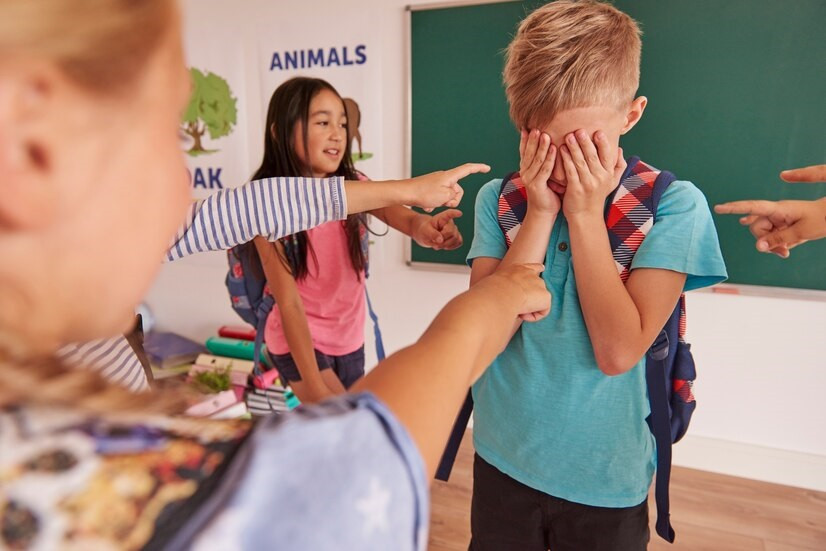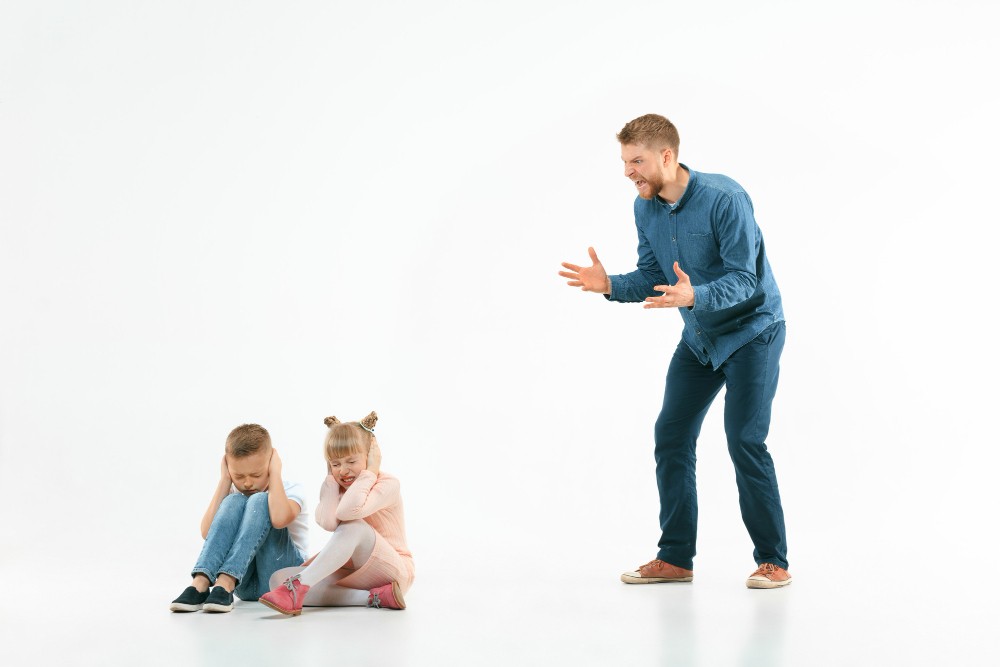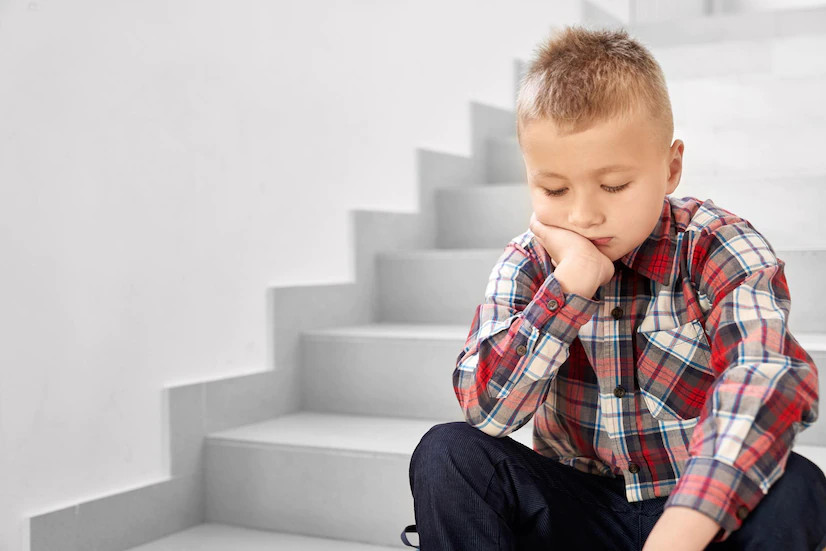Cases of bullying are a significant concern for many people nowadays. They often occur in school settings, where a child may intentionally and repeatedly be upset, frightened, threatened, hurt a friend, or damage someone’s reputation.
What is bullying like in school environments?
Bullying can make the victimized child feel extremely scared and anxious about coming to school and learning. In school environments, bullying can take various forms, including:
- Using threatening language
- Saying mean and mocking things
- Giving derogatory nicknames to targeted children
- Deliberately ignoring or not allowing others to play with certain children
- Spreading negative rumors
- Pushing, hitting, or physically hurting others
- Demanding money
- Damaging or taking away belongings
- Pressuring friends to do negative things
- Making hurtful jokes
Recognizing signs of bullying in children
Not every child who experiences bullying feels comfortable sharing their ordeal. Some opt to remain silent out of fear and intimidation, refraining from confiding in teachers or parents.
Children subjected to bullying without adequate support can suffer from depression and engage in self-harming behaviors, even contemplating suicide.
Parents should be vigilant for indicators suggesting that their child may be a victim of bullying.
Physical signs may include:
- Unexplained bruises, cuts, or scratches
- Torn clothing
- Missing personal belongings
- Loss of appetite
- Nightmares and sleep disturbances
- Bedwetting
- Complain of headaches or stomachaches
Signs of bullying among younger children include:
- Refusing to go to school
- Reluctant to play with friends, always sticks to teachers or parents
- Starting to prefer being alone
- Difficulty concentrating; feeling afraid to ask or answer questions in class
- Having difficulty doing school work
- Refusing to play and be involved in activities at school
Social changes that can occur include:
- Don't have friends, and don't play with friends
- Have lunch or spend time alone
- Selected as the last friend in a team or game
Emotional signs and behavioral changes, including:
- The child suddenly becomes anxious and often nervous
- Looks unhappy, often cries, or is angry
- Withdraw themselves
- Asking for more money or provisions
When children exhibit the signs mentioned above, they may not immediately feel comfortable opening up and sharing everything. Parents can offer support to their children to help them find the courage to talk about their experiences.
It's important not to react with anger but instead to give the child enough time and space to freely share their story without fear. Provide support and comfort, and listen attentively without passing judgment. Applaud them for their bravery in sharing, and reassure them that they are not alone.
You need to seek professional help If your child shows withdrawn behavior, consistently feels worthless or inadequate, appears moody and isolates themselves, has drastic changes in eating habits, struggles with focus, or expresses thoughts of self-harm, seeking professional help is important.
If you need medical advice or consultation, you can either visit a doctor or make use of the consultation features that are available in the Ai Care application by downloading the Ai Care application from the App Store or Play Store.
Looking for more information about pregnancy, breastfeeding, and the health of women and children? Click here!
- Sean Edbert Lim, MBBS
Kids Health. Helping Kids Deal With Bullies. Available from: https://kidshealth.org/en/parents/bullies.html.
Raising Children (2022). Bullying: how to spot the signs in children and teenagers. Available from: https://raisingchildren.net.au/school-age/behaviour/bullying/bullying-signs.
Sherri Gordon (2022). The Different Types of Bullying Parents Should Watch For. Available from: https://www.verywellfamily.com/types-of-bullying-parents-should-know-about-4153882.
WebMD (2022). Depression in Children. Available from: https://www.webmd.com/depression/guide/depression-children.











